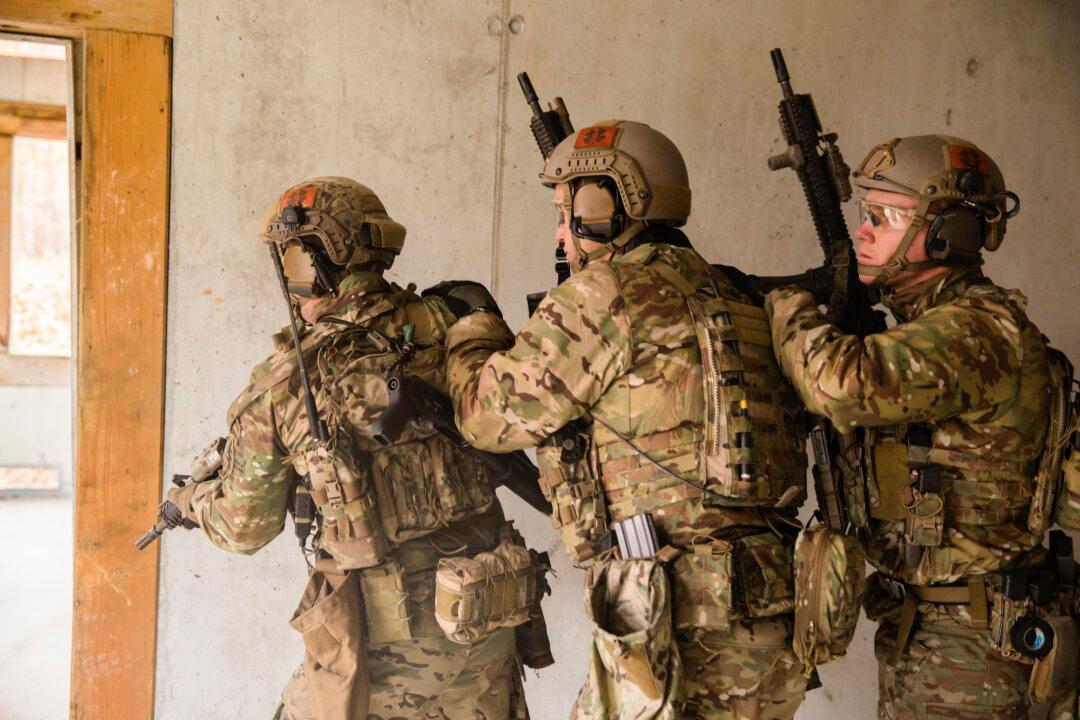In a recent strategic development from the Taiwan Strait, U.S. forces are now stationed on the frontline Taiwanese islands of Kinmen and Penghu, according to Taiwanese Defense Minister Chiu Kuo-cheng.
Before presenting a report on Chinese military activities on March 14 at the Taiwanese Legislature’s Foreign and National Defense Committee, Mr. Chiu interacted with the press and confirmed that U.S. Army Green Berets are permanently stationed at the Taiwanese army’s amphibious command centers in Kinmen and Penghu, Taiwanese national news CNA reported on March 14.





